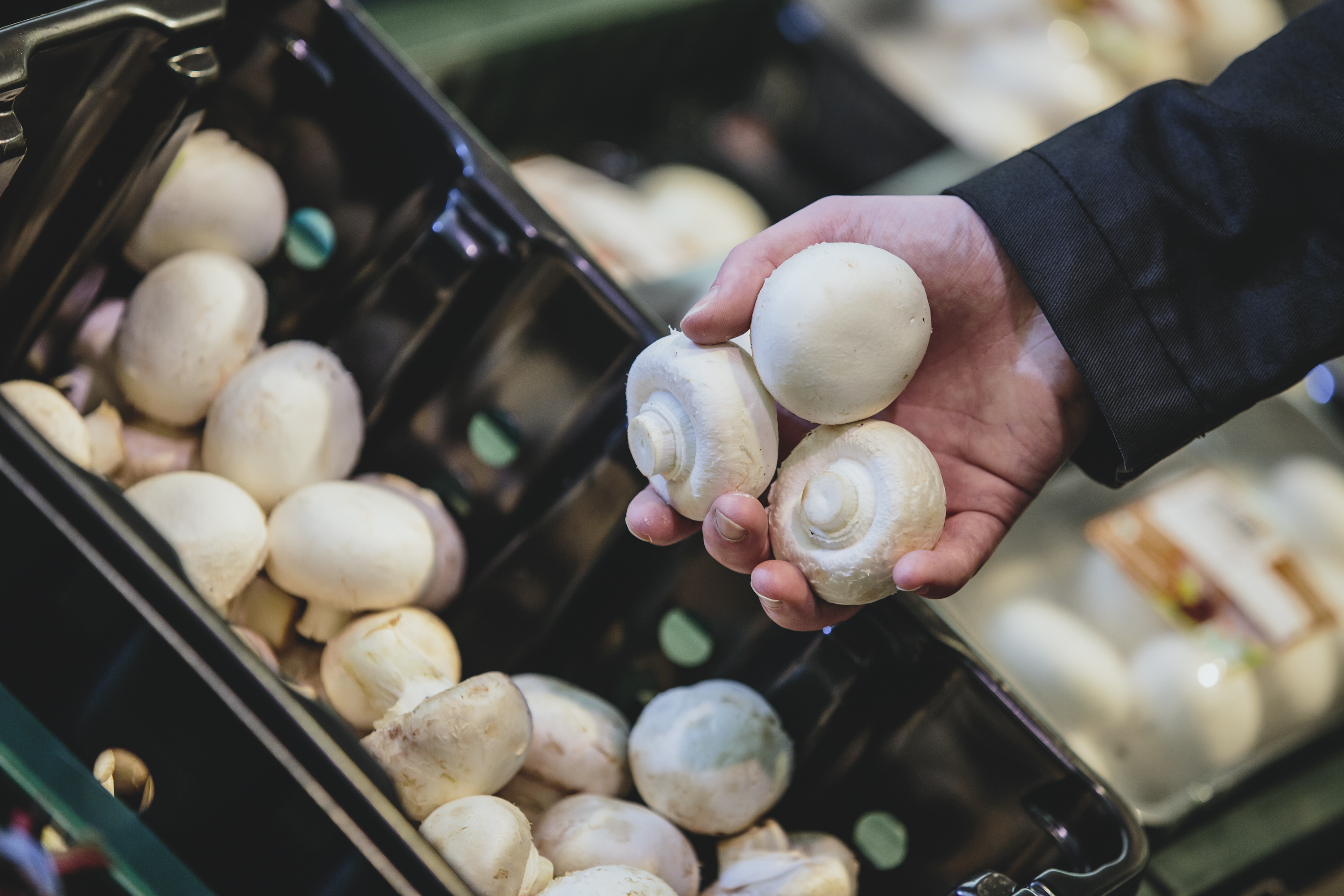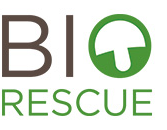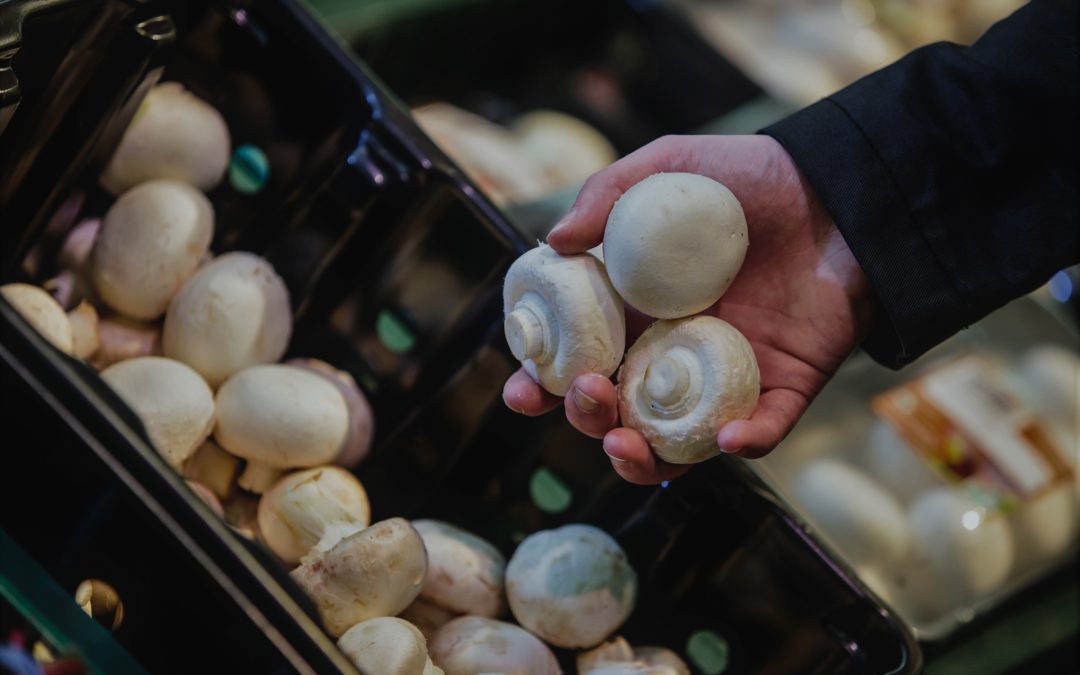
While natural resources are depleting, agriculture professionals focus their efforts on research and innovation to make their production processes more circular. Back in 2014, Monaghan Mushrooms, one of the world’s largest mushroom production companies, opened a dedicated branch – Monaghan Biosciences – to exploit the power of enzymes to extract high-value products from the mushroom compost. Since then, the start-up has launched several research initiatives, including BIOrescue, one of their first international collaboration projects. Darragh Gaffney, Research and Development Manager at Monaghan Biosciences, outlines what the project will bring to the mushroom industry.
How could circular economy processes such as BIOrescue benefit the mushroom industry?
Mushroom growing is already a semi-circular process, requiring the preparation of a dedicated compost, often made from agricultural by-product materials such as wheat straw, poultry manure and gypsum, mixed with spawn and ammonium sulphate. This compost, covered with a layer of peat, can only be used for a limited number of mushroom harvests. For the mushroom industry, this means that for every tonne of mushrooms produced, three tonnes of mushroom compost have to be disposed of, even though it still contains valuable organic components. With the increasing landfilling costs and the implementation of the Nitrate directive restraining possibilities to spread mushroom compost on lands, this situation creates a significant economic problem for our industry. New circular economy processes, such as the ones developed within the BIOrescue project, would enable us not only to avoid these costs, but also to create new value from what was previously considered as waste.
How does BIOrescue fit into Monaghan Mushrooms’ general sustainability strategy?
At Monaghan, sustainability is one of our core concerns. Natural resources are central to the mushroom production process, but they are limited. Peat reserves, for instance, declined by almost 40% in Ireland between 1995 and 2012[1]. That is why we have decided to cut peat usage by one third in all of our farms, and are currently developing new strategies to reuse the peat layer. Another of our targets, fully in line with the BIOrescue project, is to reduce our waste to landfill by 20% by 2019. On top of this, we have already curbed our energy usage by 17% per tonne of mushroom produced and intend to reduce it by a further 2.5% in the coming years. All of our energy supply comes from renewable sources, and we installed rainwater capture systems in our compost yards and mushroom farms to reduce pressure on water resources. As we are looking at the full process, we also try to use less and less plastic in packaging, and our mushrooms are delivered in fuel-efficient lorries, powered with renewable fuels. These efforts have earned us the Origin Green Certificate, created by the Irish Food Agency, Bord Bia, to foster sustainability in the food industry.
What are the main advantages of international cooperation projects like BIOrescue?
As a start-up, we offer high quality services in enzyme and enzymatic process development, but thanks to the complementary and highly-specialised competences of BIOrescue partners, we are now able to test a completely new process in state-of-the-art facilities, while assessing its environmental, social and economic impacts. For Monaghan, BIOrescue is an investment in the future. International cooperation allows us to bring the best of Europe together to find sustainable solutions for tomorrow’s mushroom industry. In parallel to BIOrescue, we have launched another research project, Funguschain, also funded by the Bio-based Industries Joint Undertaking. Funguschain partners are working on another biorefinery process, this time using mushroom by-products as the feedstock. The outputs will be different from BIOrescue, as this process aims at the creation of bio-based cleaning products, the extraction of proteins for food supplements, and the production of bio-plastic films from mushroom biomass. Both projects will help to reduce waste in the mushroom industry, while contributing to the development of a truly circular European bioeconomy.
For more information, please visit the BIOrescue website at www.biorescue.eu.
Press and media enquiries can be directed to benedicte.julliard@greenovate.eu +32 (0)2 00 10 07.
[1] http://www.bbc.com/news/world-europe-23462300
Picture: Monaghan Mushrooms


Recent Comments